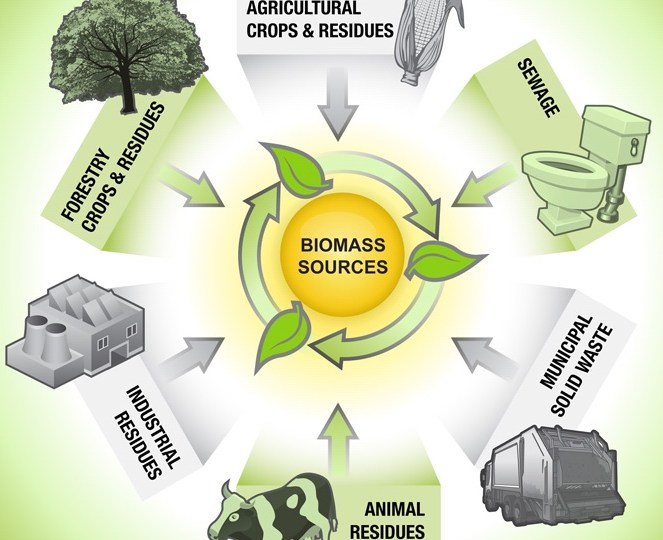There is immense potential of biomass energy in Southeast Asia due to plentiful supply of diverse forms of biomass wastes including agricultural residues, agro-industrial wastes, woody biomass, animal wastes, municipal solid waste, etc. Southeast Asia is a big producer of wood and agricultural products which, when processed in industries, produces large amounts of biomass residues. […]
Biomass Energy Scenario in Southeast Asia



